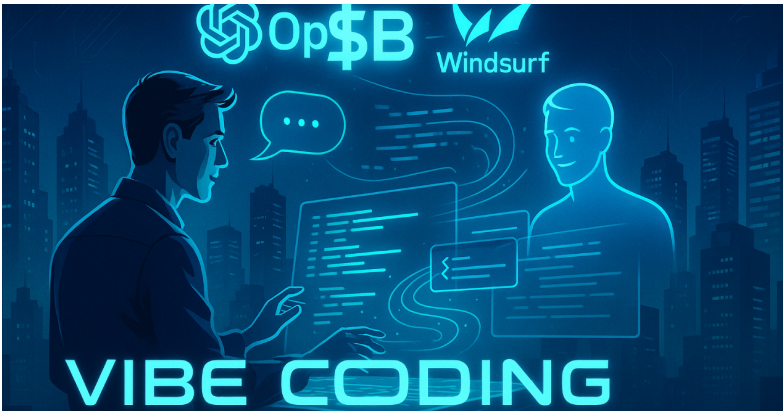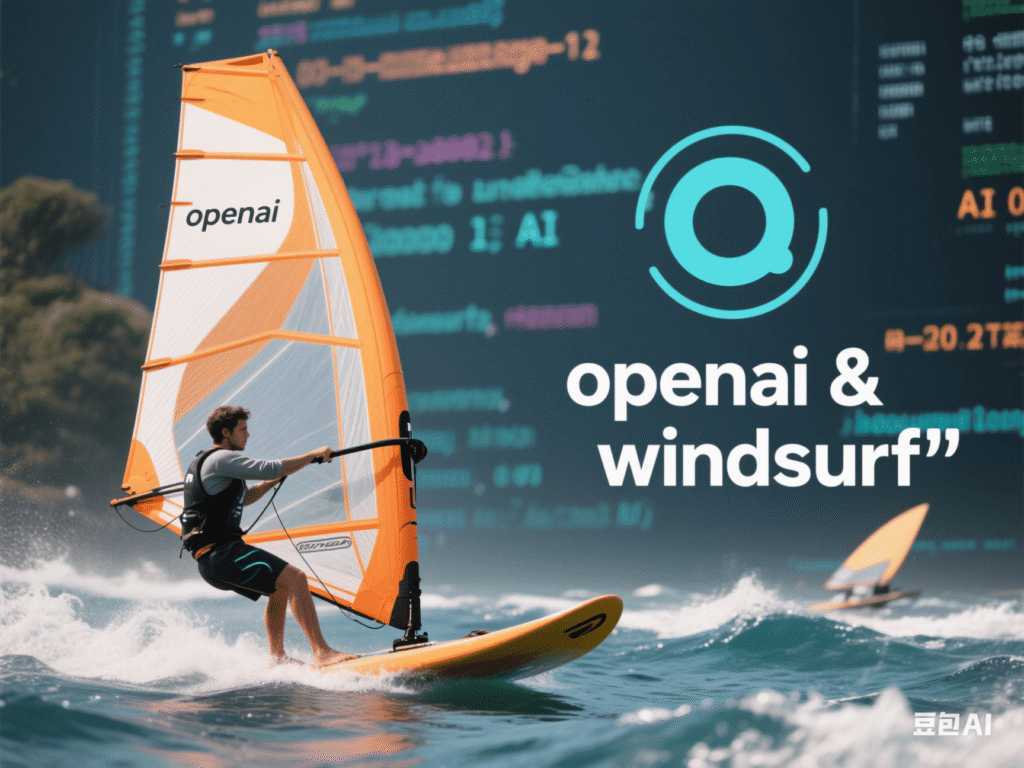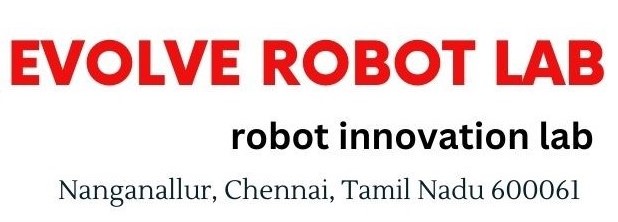
In a defining moment for AI and software development, OpenAI is set to acquire Windsurf — the AI coding assistant formerly known as Codeium — for around $3 billion, according to Bloomberg. This marks OpenAI’s largest acquisition to date and signals a bold move to dominate the fast-evolving market of AI-driven developer tools.
Why Windsurf?
Founded in 2021 by MIT graduates Varun Mohan and Douglas Chen, Windsurf has quickly gained
traction for its AI-native code editor that transforms how developers write, debug, and understand code. Its standout features include:
- Real-time code generation from natural language
- Intelligent code Q&A and explanation tools
- Seamless integration with enterprise legacy systems
With $100 million in annual recurring revenue and major backing from General Catalyst and Kleiner Perkins, Windsurf has positioned itself as a serious contender in the AI tooling space.
Open AI’s Strategic Play
This acquisition isn’t just about adding another tool to OpenAI’s portfolio — it’s about securing a long-term edge in developer infrastructure.
1. Powering up ChatGPT’s coding capabilities.
While ChatGPT has grown as a coding assistant, Windsurf offers mature, production-ready features that could supercharge OpenAI’s developer tools, especially in enterprise environments.
2. Vertical Integration across AI Stack
With this deal, OpenAI moves closer to owning both the foundational model (GPT-4 and beyond) and the interface developers rely on to build software. It’s a strategic consolidation of the AI application pipeline.

3. Staying Ahead of Competitors
GitHub Copilot (Microsoft), Anthropic, and Cursor (Anysphere) are all racing toward AI-powered development. Interestingly, OpenAI had previously invested in Cursor but was turned down for acquisition — a move that pushed it toward Windsurf.
The Bigger Picture: A New Era in Software Development
This deal reflects a major shift in how code is written and who can write it.
- Accelerated Development: AI assistants streamline coding workflows, cutting down development cycles.
- Wider Access: With natural language interfaces, non-developers can contribute meaningfully to software creation.
- Enterprise Impact: Windsurf’s compatibility with legacy systems makes it attractive to large organizations modernizing their tech stacks.
Conclusion: The Future is AI Native
OpenAI’s Windsurf acquisition isn’t just a business deal — it’s a strategic shift in how software will be built moving forward. With the lines blurring between code and natural language, and with AI
becoming the default layer in developer tools, one thing is clear:
The future of coding won’t just be powered by AI — it will be built with it, from the ground up.
